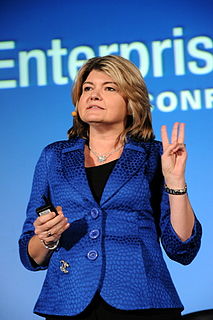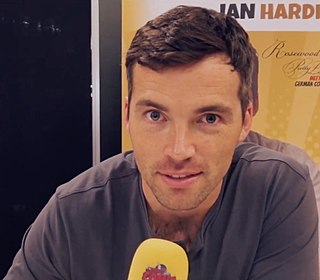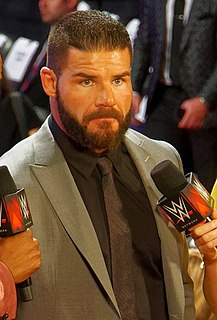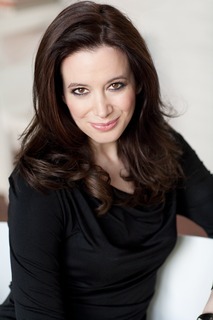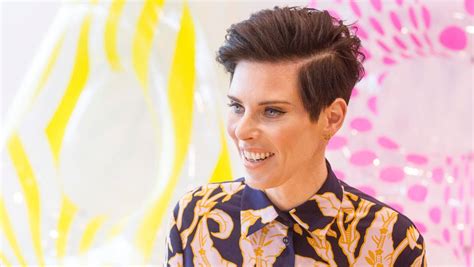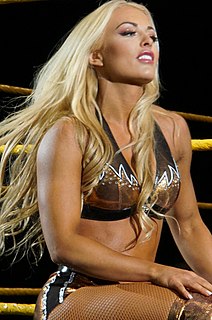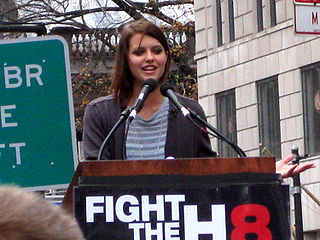A Quote by Sandy Carter
Social media does not change your culture, it reveals it.
Related Quotes
I was on television a couple of years ago and the reporter asked me, "How does it feel being on mainstream media? It's not often poets get on mainstream media." I said, "Well I think you're the dominant media, the dominant culture, but you're not the mainstream media. The mainstream media is still the high culture of intellectuals: writers, readers, editors, librarians, professors, artists, art critics, poets, novelists, and people who think. They are the mainstream culture, even though you may be the dominant culture."
We will continue to address things, but in as much as I want to talk about politics as they are related to social media, I don't necessarily want to be a political show. I want it to cover everything, everything in our culture through social media, politics, pop culture, entertainment, science, everything.
Although we may think we're masking our insecurities or portraying ourselves in the most favorable light, our behavior on social media reveals more than we might think. It's not just what we post on Facebook that reveals information about our personalities - it's also what we don't post that can be quite telling.
